Can You Get A Tattoo While Breastfeeding?
Explore safe tattooing during breastfeeding with expert tips for new ink or removal—confidently prioritize your and baby's health.

Image: Shutterstock
Becoming a parent is a transformative event laden with emotions and milestones. In this new phase, you might wonder, can you get a tattoo while breastfeeding to honor the indelible mark of motherhood? While a tattoo can be a personal tribute to the love and connection you feel with your child, it is crucial to consider the implications of getting one for you and your little one.
We know how important it is to find a meaningful symbol during this significant time in your life. We are here to help you prioritize your and your baby’s health while still maintaining sentimental value. If you are considering getting a tattoo while pursuing your breastfeeding journey, you may have questions concerning safety and timing. Delve into the key considerations of getting new ink while on your nursing journey and some guidance tips you need to make an informed decision in this article. In fact, whether you are thinking about getting fresh ink or pondering a removal, we have got you covered. Scroll down to read more.
In This Article
Can You Get A Tattoo While Breastfeeding?
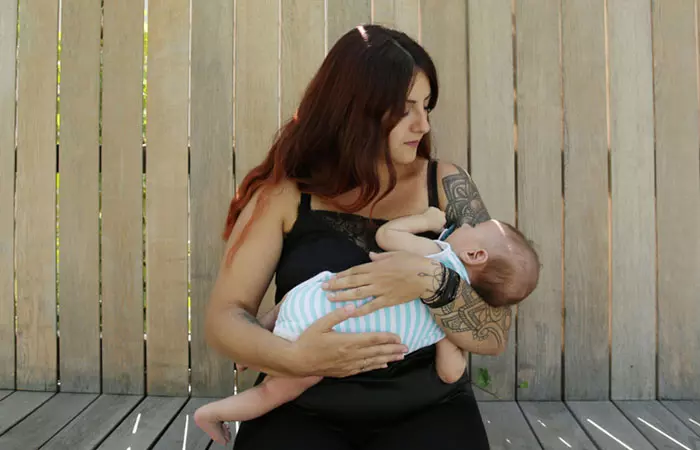
Navigating motherhood comes with a myriad of decisions. If you are considering getting a tattoo during the breastfeeding period, it is crucial to sift through the noise and focus on the facts. The good news is, with the right approach, it is generally possible. However, the decision is not black and white and warrants a thoughtful pause.
Although getting a tattoo while breastfeeding is not against any regulations, it is essential to have a complete understanding of the situation. The health and safety of both you and your infant take center stage here. While the ink itself is generally safe, it is important to consider the sterility of the procedure and the healing of your skin afterward.
The most significant risk factor is a bacterial infection, tied not only to the tattoo process but also how the healing process is managed. It is essential to have a thorough conversation with your healthcare provider or lactation consultant, discussing any potential health considerations specific to you or your baby. Connecting with a reputable and experienced tattoo professional who understands the implications of tattooing during breastfeeding can offer valuable insights.
Layla, a blogger, shared her experience of getting a tattoo while breastfeeding her daughter and her reason for doing so. She writes, “I have my daughter at my chest NUMEROUS times per day. In public… So, why not decorate and celebrate it? The whole procedure was quick and relatively painless, and I am extremely happy with the results (i).”
 Trivia
TriviaEach mother’s situation is unique, so weighing the personal health aspects and practical implications is essential in making an informed and safe choice. Learn more about the risks that are commonly associated with getting a tattoo while breastfeeding.
Key Takeaways
- Tattoos during breastfeeding are possible but require careful consideration of health risks.
- Infection and immune system strain are top concerns when tattooing as a nursing mother.
- Tattoo ink is not a significant risk to breast milk, but cleanliness and care are essential.
- Follow aftercare strictly and choose a tattoo artist who adheres to hygienic practices.
- Postpone tattoo removal while breastfeeding due to uncertain effects on breast milk.
Risks Of Getting A Tattoo While Breastfeeding
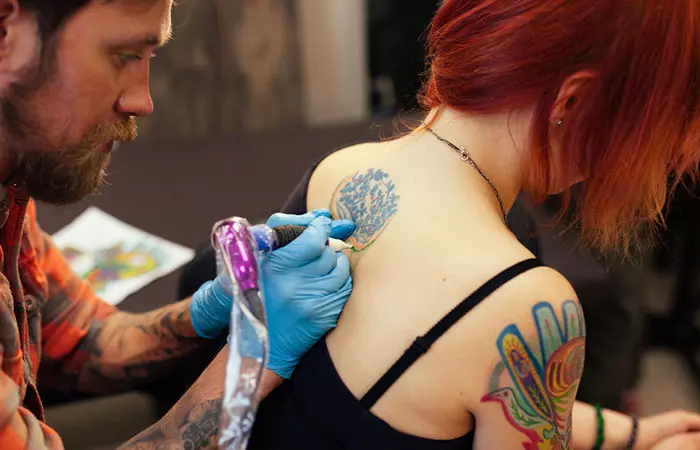
Introducing a new tattoo into the mix of the struggles of motherhood requires careful consideration of potential risks. It is essential to consider the immediate impact of the tattoo procedure and the longer-term healing process that may coincide with the rigorous demands of parenting a newborn. For instance, a fresh tattoo requires careful management to prevent infection and promote proper healing—all while you are likely managing sleepless nights, feeding schedules, and physical recovery from childbirth. It is crucial to weigh the risks against the importance of the tattoo and the timing of getting it. Some of the concerns are stated below:
- Risk Of Infections: As mentioned earlier, getting a tattoo could lead to an infection due to the thousands of punctures in the skin that may allow bacteria and viruses to enter (1). An infected tattoo and the medication used to treat it are also not safe for a breastfeeding baby (2). It is important to consider this risk before getting a tattoo, as these infections can enter the baby through breast milk.
- Hormonal Fluctuations: Another risk factor is your body’s response to the tattoo ink. The postpartum period involves hormonal fluctuations that could potentially alter your body’s reaction to the tattoo ink molecules, raising the chance of an allergic reaction or prolonging the tattooed skin’s healing process.
- Transmission Of Diseases: Though reputable parlors use sterile techniques and single-use sterile needles, there’s a slight risk of transmission of diseases like hepatitis through tattoo needles (3). These diseases can be severe and potentially impact your baby if you are breastfeeding.
- Impact On The Immune System: Your immune system is already adapting to supporting two people during breastfeeding. Getting a tattoo stresses the immune system further as it works to heal the new wound. This could theoretically impact your baby if your immune function is compromised.
- Localized Swelling Or Inflammation: The tattooed area may experience swelling or inflammation that may cause discomfort during nursing. This can affect how you hold your baby and might make breastfeeding difficult. The pain and healing process following a permanent tattoo could make it hard to focus on feeding your baby. If you are in discomfort, you might be less patient or struggle to maintain regular feeding schedules.
- Toxicity Of Certain Inks: You should consider that not all tattoo parlors use high-quality. Some tattoo ink pigments contain heavy metals like nickel or chromium that may lead to toxicity (4) (5). While it is uncommon for these to affect breast milk, the risk still warrants attention.
- Reaction To Stress: Additionally, the stress of the tattooing process and subsequent discomfort may inadvertently lead to challenges with breastfeeding, such as latching difficulties or an altered feeding schedule. Stress can also influence milk production and supply, adding another layer of complexity to the decision to get inked.
- Mastitis Risk: There is a theoretical risk that the stress and pain from tattooing near the breast area could lead to mastitis, a painful infection of the breast tissue.
- Healing Complications: Poor aftercare or unusual healing complications can extend the healing period, posing a longer duration of risk, and may necessitate medical intervention.
Adding to the general tattoo side effects, their psychological ramifications during breastfeeding are worth contemplating. The transition into motherhood can be accompanied by an array of emotions, from joy to postpartum depression. A decision to get a tattoo at this time should take into account your emotional state and how it might affect your ability to care for both yourself and your baby.
Although these risks sound concerning, many of them can be mitigated with careful planning and by choosing a professional, reputable tattoo artist. Nonetheless, it is important to carefully weigh the desire for a tattoo against these potential risks during the breastfeeding period.
 Did You Know?
Did You Know?Check out the next section to learn more about the concern of tattoo ink mixing with breast milk.
Can Tattoo Ink Get Into Breast Milk?
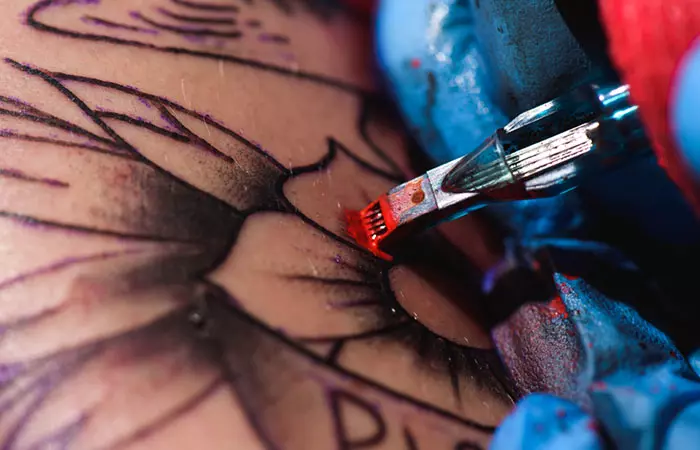
When it comes to getting a tattoo while breastfeeding, one common concern many mothers have is whether the tattoo ink can seep into their breast milk. The thought process here is understandable: anything a mother ingests or is exposed to could potentially affect her breast milk and, in turn, her baby. However, the specifics of tattoo ink and its interaction with the body are worth a closer look.
Scientifically speaking, the process of getting a tattoo involves placing ink into the dermis, the layer of skin beneath the outermost surface, or epidermis (6). The ink pigment particles used in tattoos are suspended in the dermis and generally too large to pass into the tiny capillaries that carry substances into the bloodstream. Hence, the likelihood of tattoo ink migrating from the dermis into breast milk is incredibly low (7).
In addition, when a tattoo is created, the body’s immune system wraps the ink particles, separating them from the other body systems, including the mammary glands that produce breast milk. This biological reaction partly explains why tattoos last forever; once the ink has been injected under the skin, it does not move through the body.
It is also worth noting that the inks used by reputable tattoo artists are designed explicitly for tattooing, and experienced professionals adhere to industry standards that minimize any risk of the ink causing harm to the body. While there is no regulation by the U.S. Food and Drug Administration (FDA) regarding tattoo inks specifically, professional tattoo artists and parlors maintain a standard of care to ensure client safety.
Ultimately, while it is expected to be a bit worried about any risks to your baby, the chances of tattoo ink getting into your breast milk are really small. If you still feel unsure, you can wait to get a tattoo until after you are done breastfeeding.
But if you do decide to go ahead with it, here are some safety tips that you must remember. Check them out in the next section.
Safety Tips For Getting A Tattoo While Breastfeeding
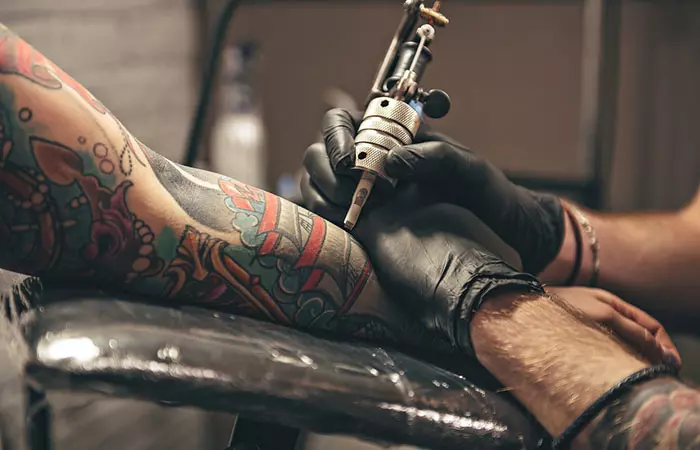
If you have decided to get a tattoo while you are still breastfeeding, being cautious is key. Here are some safety tips to help keep you and your baby safe:
- Choose A Reputable Tattoo Artist And Studio: Do your research. Look for a tattoo parlor with licensed professionals and a good hygiene track record. They should operate with single-use needles and have a clean, well-maintained space with completely disposable tools or an autoclave and log book ensuring the sterility of their equipment.
- Avoid Certain Inks: Certain ink colors have been found to cause allergic reactions, such as red pigments (8). So it is recommended to consult your physician and tattooist to avoid any tattoo pigments that may pose a threat to your child and yourself.
- Discuss Breastfeeding With Your Tattoo Artist: Be open with your artist about your breastfeeding status. They can offer specific advice and may schedule your session at a time that least interferes with your nursing routine.
- Timing Is Everything: Plan your tattoo appointment around your baby’s feeding schedule. If you can, pump some milk in advance to have it on hand, just in case you need some time to recover after getting your tattoo.
- Aftercare Is Essential: Knowing how to take care of a new tattoo is key to minimizing associated risks. Follow the aftercare instructions given by your tattoo artist precisely. Keep the tattooed area clean with a mild, unscented soap and dry it with a paper towel to prevent infection. If the tattoo is on your chest, be extra careful to cover it adequately during feedings to avoid any contact with your baby.
- Watch For Signs Of Infection: After getting your tattoo, look for any signs of infection, like redness, swelling, or oozing at the tattoo site. If you notice anything unusual, see a healthcare provider immediately.
- Stay Hydrated And Rested: Your body heals better when you are well-rested and hydrated. Drink plenty of water and get as much sleep as possible.
- Consult With A Healthcare Provider: Before and after getting a tattoo, it is a good idea to talk with a healthcare provider, especially if you have any concerns or if complications arise.
- Avoid Direct Sunlight And Soaking: Keep the tattoo covered when outside and avoid swimming, soaking, or long baths to prevent ink fading and bacterial exposure.
Postpartum bodies are different and improper aftercare at a time when you are also understanding your new body can create potential for infection. Remember, while many mothers get tattoos while breastfeeding without any issues, every individual’s situation is different. It is essential to consider your health and comfort and your baby’s well-being when deciding whether to get a tattoo during this time.
 Fun Fact
Fun FactNow, If you are planning to rid yourself of a tattoo while breastfeeding, here are some things you need to know. Check them out in the section below.
Tattoo Removal While Breastfeeding: Is It Safe?
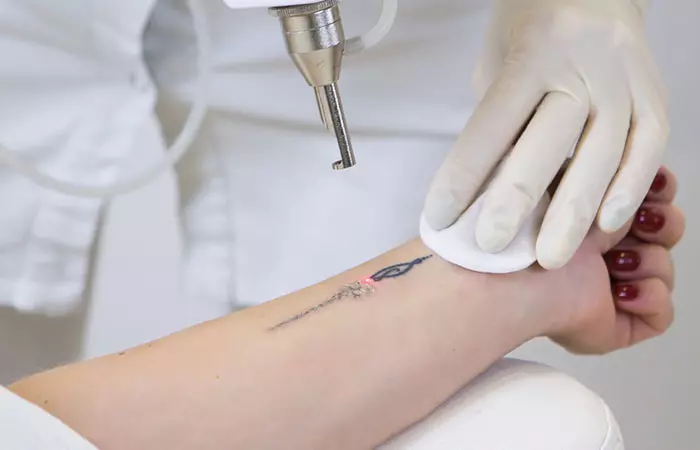
If you are pondering tattoo removal while still breastfeeding, then you should know that it is important to tread carefully. The process is not as straightforward as getting a tattoo—it involves lasers that break down the ink pigments into tiny particles that the body’s immune system then eliminates (1). Since the research on how these particles might affect breast milk is limited, many health professionals advise waiting until you are no longer nursing.
During laser tattoo removal, there is a theoretical risk that the ink particles could be small enough to pass into your bloodstream and then into your breast milk. While no concrete evidence supports this, the possibility alone is worth considering, especially regarding your baby’s safety.
Also, keep in mind that your immune system is hard at work during the breastfeeding period, and adding the extra task of removing tattoo ink may put an additional strain on your body. The healing process can be quite extensive, and if the tattoo is located near your breasts, it could impact your comfort and breastfeeding routine.
Before making any decisions, it is best to discuss your options with a doctor and a tattoo removal expert. They can provide personalized advice and help you weigh the potential risks against the benefits.
For many mothers, waiting until after breastfeeding to remove a tattoo offers peace of mind, sidestepping any potential risks—however minimal they might be.
So, now you have the answer to “Can you get a tattoo while breastfeeding?” Breastfeeding is a crucial time when a mother’s body is closely linked to her baby’s health. If you are considering getting a tattoo or removing one during this period, it is essential to understand that the risks are not only limited to the aesthetic outcome but also include potential health implications. If you find yourself on the fence, remember there is no harm in waiting. Postponing your tattoo or its removal until after you have finished breastfeeding can provide reassurance. After all, your and your little one’s health and safety are the ultimate priorities. Tattoos are permanent; the breastfeeding stage is not. There will be ample time to express yourself through ink when this precious phase of nurturing your child has concluded.
Frequently Asked Questions
Do tattoo studios have policies for individuals who are breastfeeding?
Yes, some tattoo studios may have policies or recommendations for breastfeeding individuals. It is essential to inform the studio about your breastfeeding status, as they may have specific guidelines or precautions to ensure a safe tattooing process.
How does the healing process of a new tattoo interact with breastfeeding?
The healing process of a new tattoo may not be directly affected by breastfeeding, unless the tattoo is located on the breasts. Some breastfeeding mothers have reported that their tattoos took longer to heal than usual, but this may not be the case for everyone.
Can pain from getting a tattoo affect the breastfeeding experience?
While some mothers may experience discomfort or soreness at the tattoo site, there is no evidence to suggest that the pain from a tattoo directly affects the breastfeeding experience.
How long after birth can you get a tattoo if not breastfeeding?
There is no specific time frame for when it is safe to get a tattoo after giving birth, as it depends on individual circumstances and health conditions. It is generally advised to wait until your body has fully recovered from the birth experience before getting a tattoo. If you are not breastfeeding, the risk of infection is lower, but it is still essential to follow proper aftercare guidelines.
Illustration: Can You Get A Tattoo While Breastfeeding?
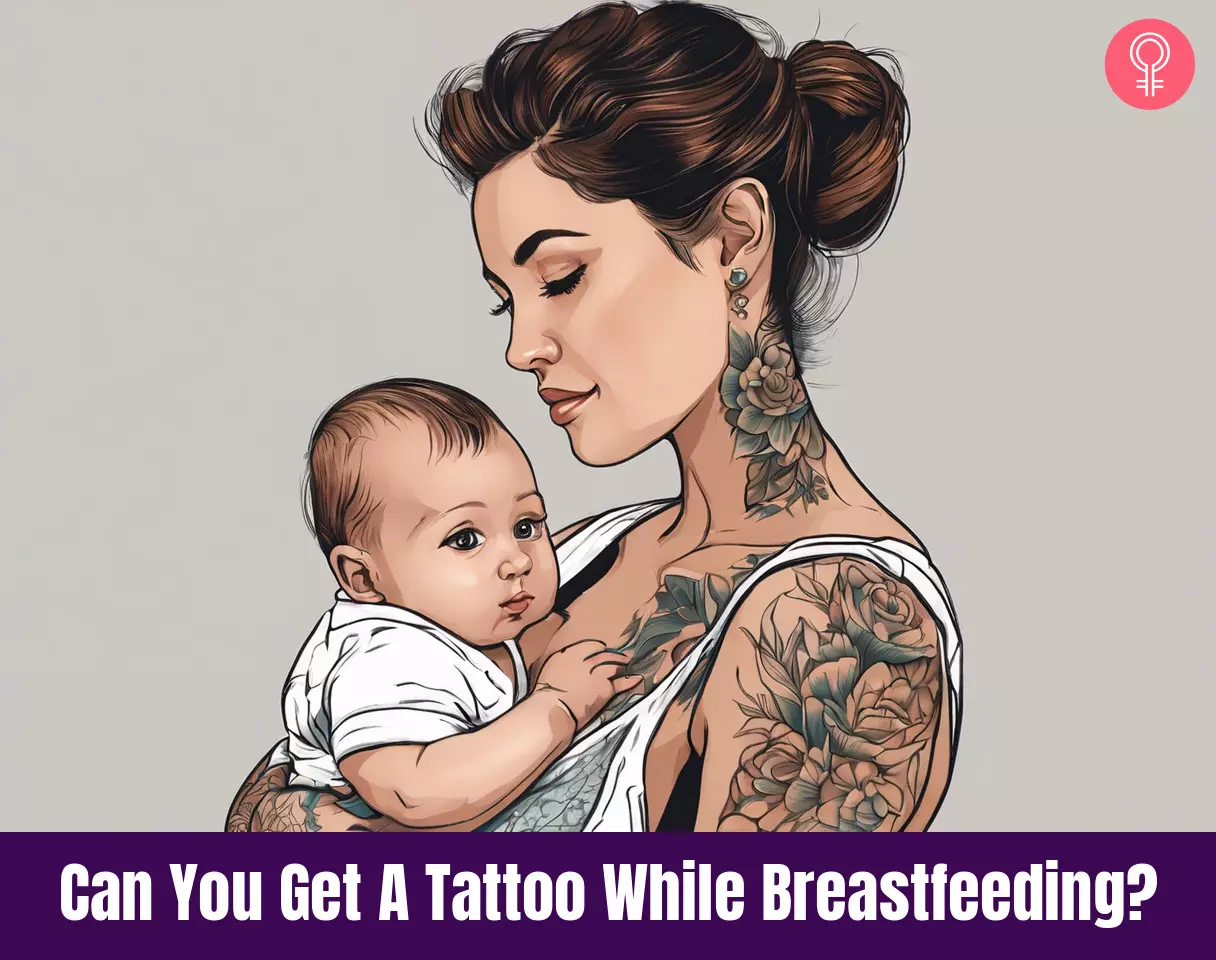
Image: Stable Diffusion/StyleCraze Design Team
Getting tattoos while breastfeeding is not forbidden but comes with a lot of precautionary measures to prevent infection in both the mother and the child. Learn more about tattooing while nursing from the informative video below.
Personal Experience: Source
StyleCraze's articles are interwoven with authentic personal narratives that provide depth and resonance to our content. Below are the sources of the personal accounts referenced in this article.
(i) Welcome Carnival Of Breastfeeding Readers! Celebrating My… Chest!https://zen-mommy.livejournal.com/2372.html
References
Articles on StyleCraze are backed by verified information from peer-reviewed and academic research papers, reputed organizations, research institutions, and medical associations to ensure accuracy and relevance. Read our editorial policy to learn more.
- Complications Of Tattoos And Tattoo Removal: Stop And Think Before You Ink
https://www.ncbi.nlm.nih.gov/pmc/articles/PMC4411590/ - Tattoo-Associated Skin Reaction: The Importance Of An Early Diagnosis And Proper Treatment
https://www.hindawi.com/journals/bmri/2014/354608/ - A Narrative Review Of Infections Associated With Personal Service Establishments Part Ii: Piercing And Tattooing
https://pubs.ciphi.ca/doi/full/10.5864/d2012-003 - Body-Modifying Concepts And Dermatologic Problems: Tattooing And Piercing
https://www.sciencedirect.com/science/article/abs/pii/S0738081X0700209X - Are Some Metals in Tattoo Inks Harmful to Health? An Analytical Approach
https://pubs.acs.org/doi/full/10.1021/acs.chemrestox.2c00323 - Tattoo-Associated Dermatoses: A Case Report and Review of the Literature
https://onlinelibrary.wiley.com/doi/abs/10.1046/j.1524-4725.2002.02066.x - Skin Tattoos From The Perspective Of Midwifery
https://www.researchgate.net/profile/Nazan-Oran/publication/375061175_SKIN_TATTOOS_FROM_THE_PERSPECTIVE_OF_MIDWIFERY_Elif_NACAROGLU_Msc/links/653e4e85ff8d8f507cd48d79/SKIN-TATTOOS-FROM-THE-PERSPECTIVE-OF-MIDWIFERY-Elif-NACAROGLU-Msc.pdf - Patterns Of Reaction To Red Pigment Tattoos And Treatment Methods
https://pmc.ncbi.nlm.nih.gov/articles/PMC4799043/
Read full bio of Scott Terry
Read full bio of Aparna Harry
Read full bio of Anjali Sayee
Read full bio of Pahul Nanra








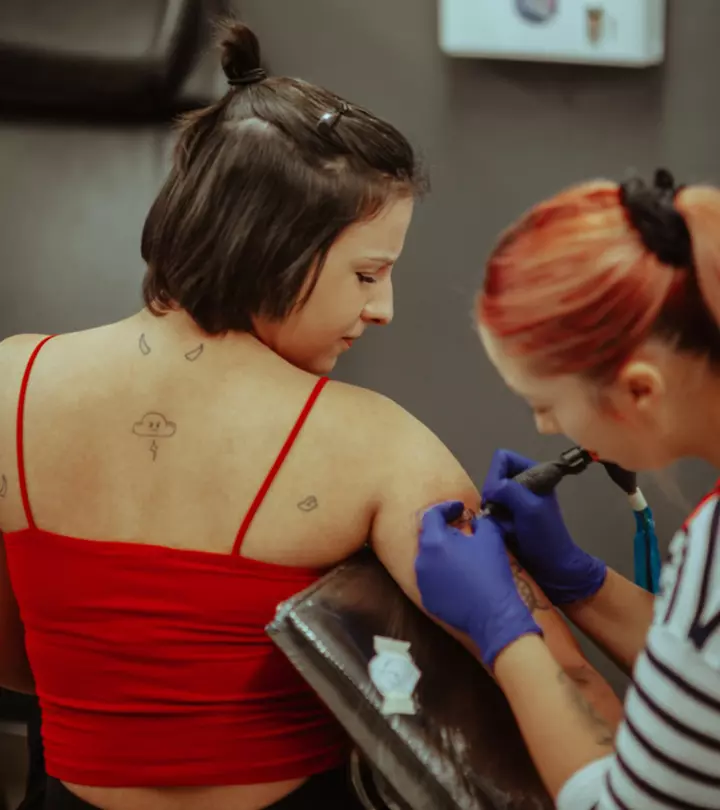


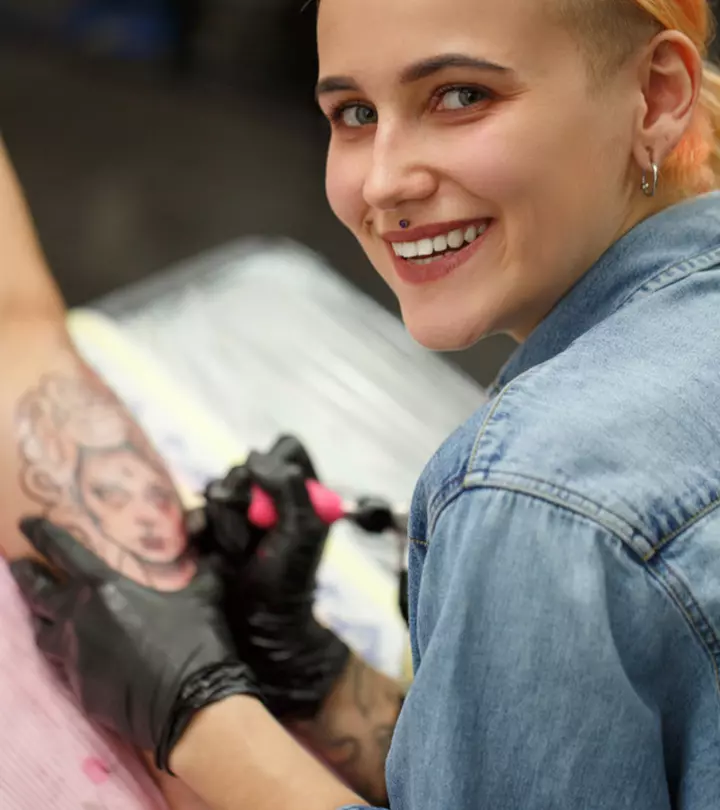
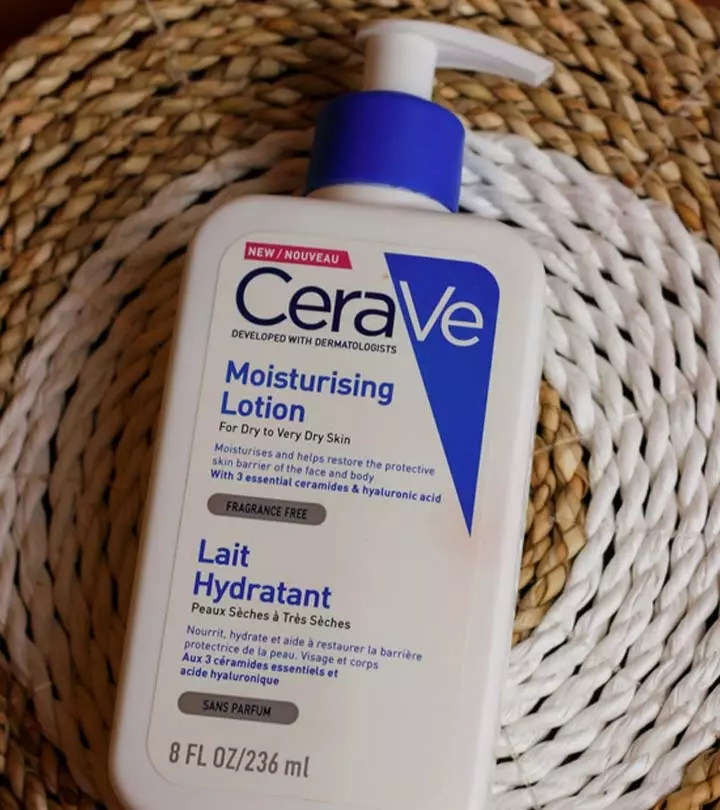

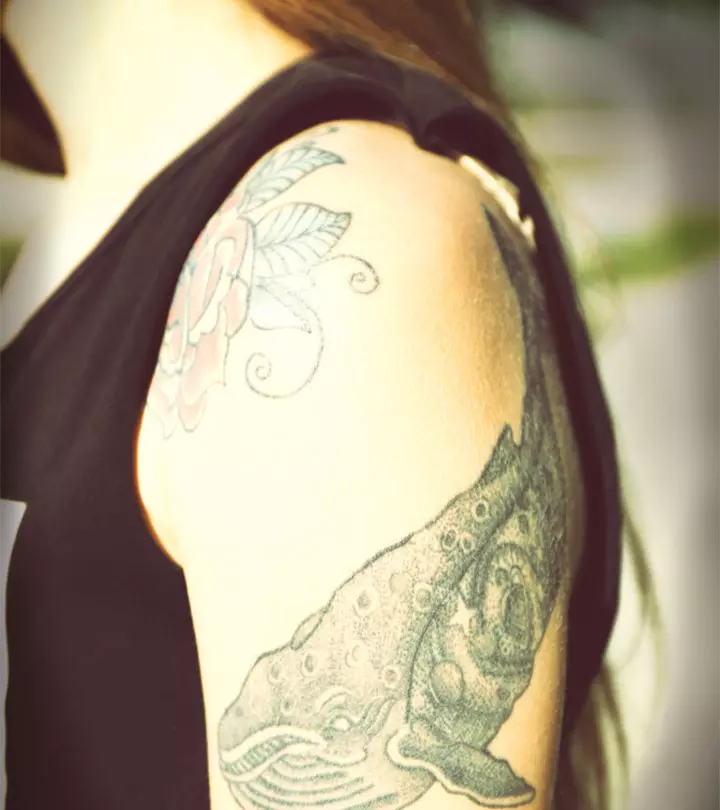
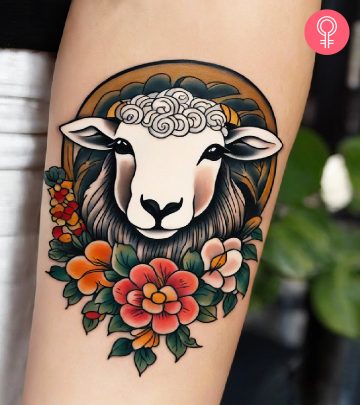
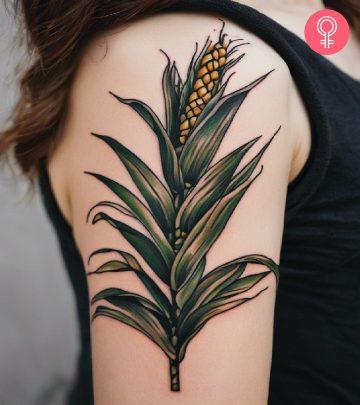
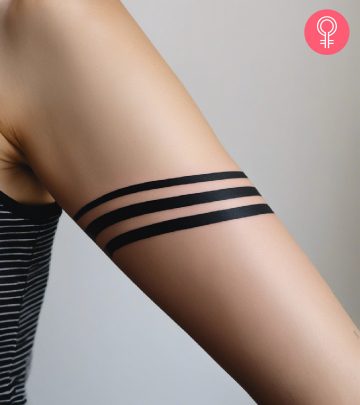
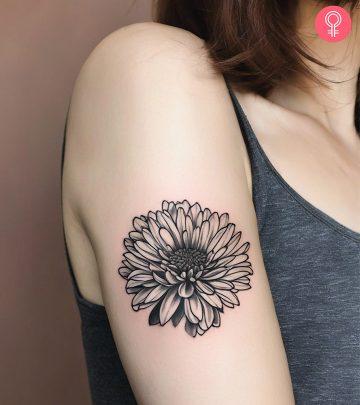
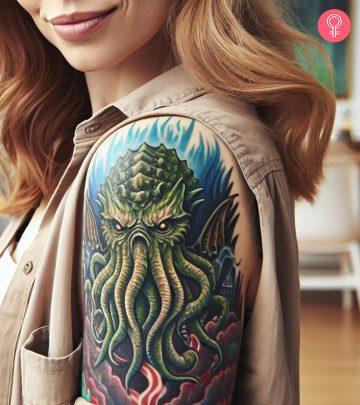

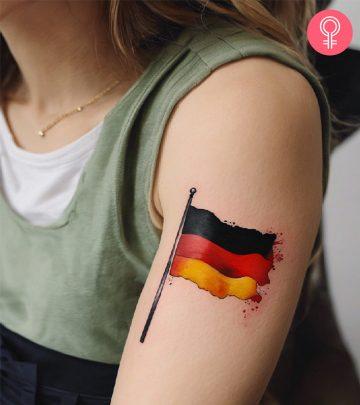

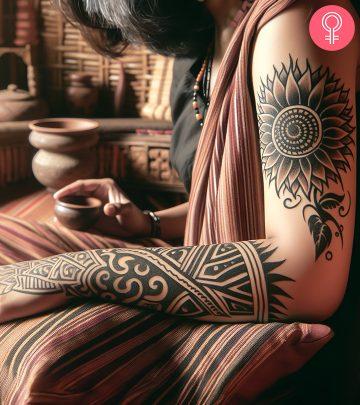
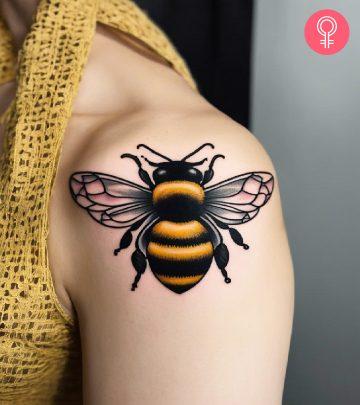
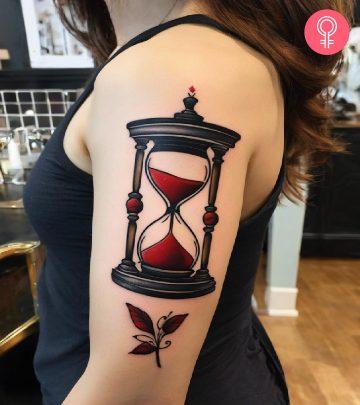
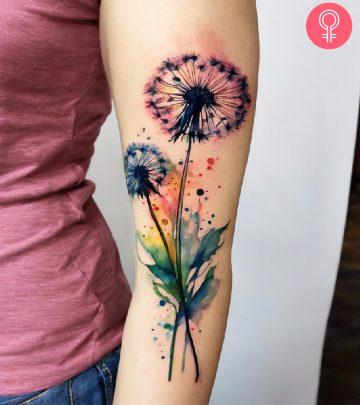
Community Experiences
Join the conversation and become a part of our empowering community! Share your stories, experiences, and insights to connect with other beauty, lifestyle, and health enthusiasts.